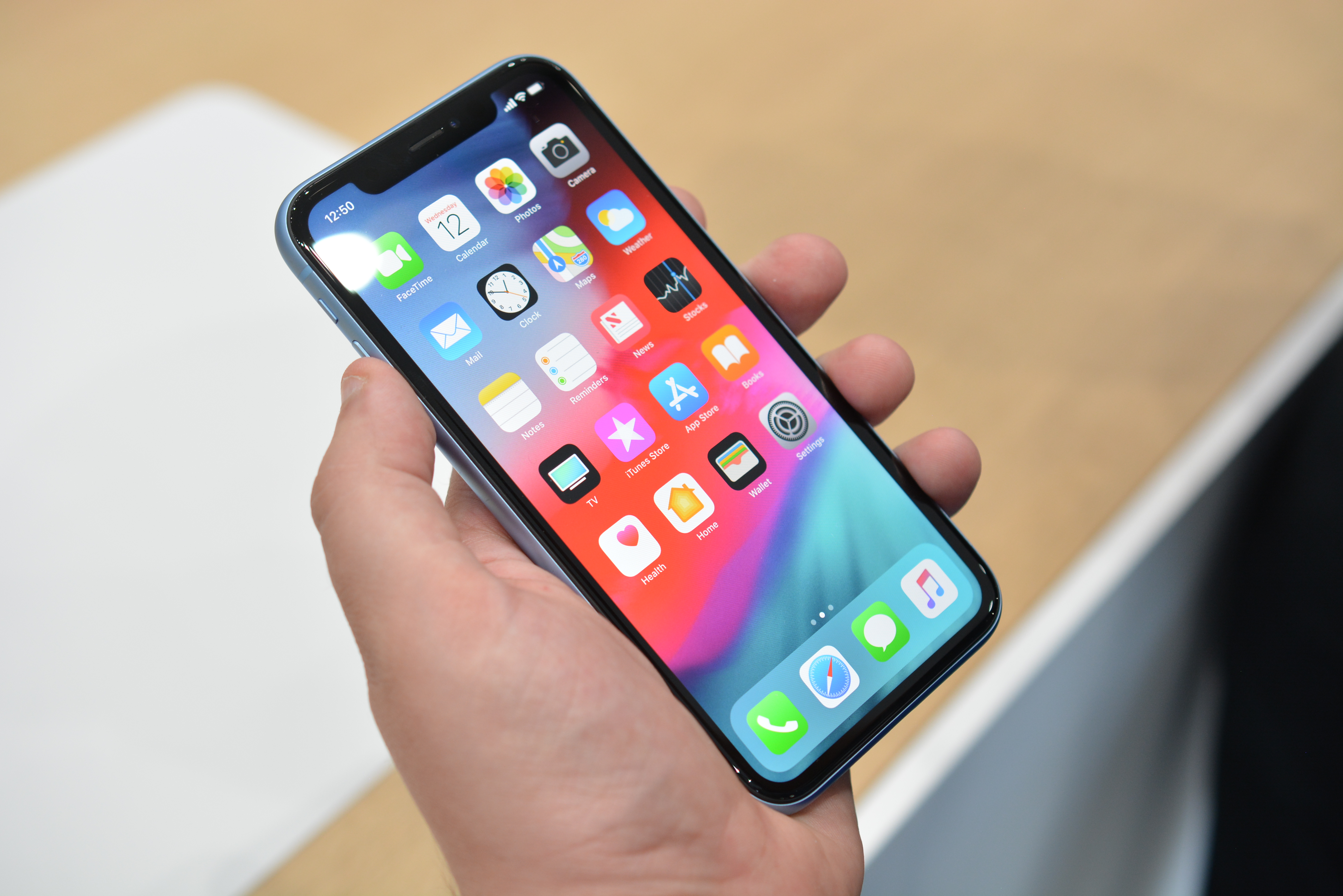
For example, by selling it to third parties (potentially cyber criminals). These applications often promote deceptive pages and gather IP addresses, websites of visited pages, entered search queries, geolocations, etc., or even personal informationĭevelopers monetize the data in various ways. More about apps promoting such scamsĪs mentioned, users do not generally visit pages that use scare tactics to promote apps - browsers open them due to installed unwanted apps. Note that these deceptive websites can be used to advertise legitimate applications that are available on App Store, however, deceptive pages cannot be trusted, even when they promote legitimate apps. In order to protect the connection (stop the hacker from spying on the user), this page urges the visitor to tap the "Protect your connection" button and install the offered app. Moreover, it states that, unless the user fixes this problem within two minutes, the hacker will reveal his/her identity and send the browsing history and all photos taken with the front camera to all contacts. This deceptive website is designed to look like an Apple security page - it displays a fake notification stating that the iPhone's internet connection has been hacked and someone is spying on the user. More about the "Hackers are watching you!" scam I.e., users do not often visit them intentionally. Note that these rogue web pages are often promoted through deceptive advertisements, dubious websites, and PUAs. These pages may show different notifications, however, none are genuine.

Usually, the websites display fake virus notifications claiming that the device is infected with a number of viruses and urge users to remove them immediately.

There are many deceptive websites using scare tactics to trick unsuspecting visitors into downloading and installing potentially unwanted applications (PUAs).

What kind of scam is "Hackers are watching you!"?


 0 kommentar(er)
0 kommentar(er)
